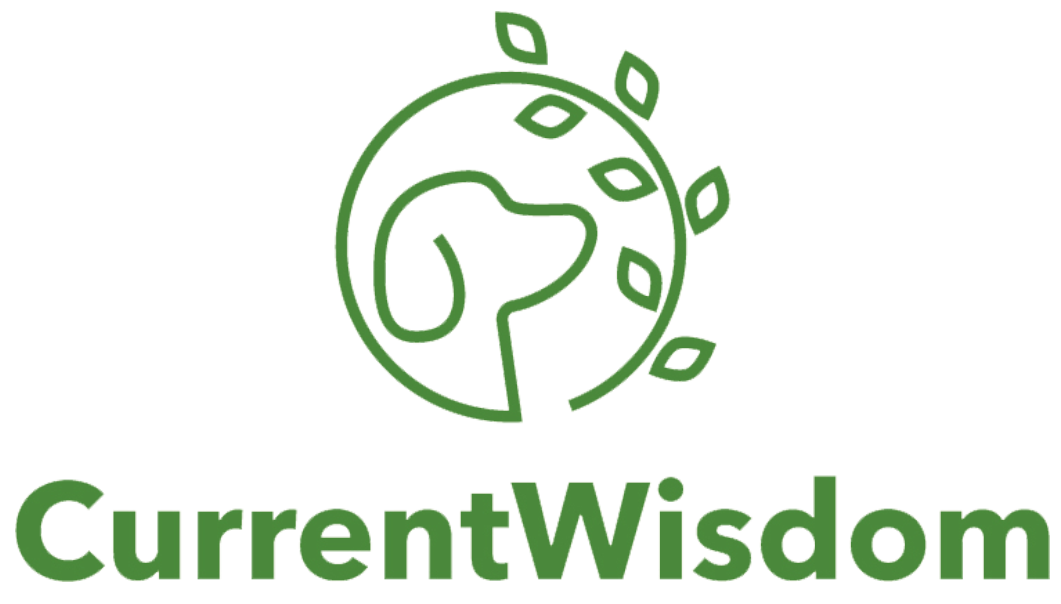8 Traits That Make Founders Fundable

Are you a startup person?
(The above image is from the San Francisco SPCA. Go adopt a dog from your local humane society.)
It was pretty late, past 9 pm. Late enough to be aware that it was late.
I looked at the phone, saw the name and thought twice about answering. After all, I was pretty deep into an Orange is the New Black binge, and the thought of not finishing it that night had my OCD firing on all cylinders.
But I answered. I always do.
“Micah, I don’t know what to do.”
“Of course you do,” I replied. “We always know what to do; it just depends on if we decide to do it.”
“Can I come over?”
Stifling a deep sigh, I replied, “Of course.”
As the conversation rolled into its second hour, and we covered most everything, I stopped. “You what man, you are not a startup guy. You should find a job where you can be creative, but don’t start anything. You will end up unhappy and potentially in a bad financial situation. It’s ok. Not everyone can drive a race car either.”
Over the past decade or so, I have had the immense pleasure of meeting hundreds, if not thousands, of founders and potential founders. What has become apparent is that the traits of a potentially successful founder.
When looking at investments, most investors talk about the three components of a successful company: market, team and product. Often, they will chant its “team, team, team” then market then product.
If the team is so important and you are so awesome, then why do people pass on investing in your company?
I mean, really? What nerve do these investors have?
Let’s take a look at what team means.
There are three general requirements:
It is a team. Investing in a single founder, especially a first time founder is nearly impossible. It happens, but it probably won’t happen to you.
There is domain expertise and passion around the problem or market.
You fit in the investors portfolio. I was once told that “perhaps you just arent a [VC]’s type of CEO.” Made a ton of sense. Totally true.
But what about you? What makes an investor want to invest in you?
Curiosity. Intelligence is assumed.Not just curiosity about your product or market, but a general curiosity about why things are the way they are. How deep do you dive into small things? Do you ignore the details because you are “a big picture person”? If I put a magic trick in front of you, would you accept it, or try and figure out how it was done?
Dedication. I don’t care how many hours you work, but I wonder how you spend each hour in the day. If its an hour of exercise are you dedicated to optimizing that hour? If its an hour of work, how do you figure out if it moved you closer to success/answers?
Interests. What kinda things are you interested in? How do they effect your dedication and curiosity? Do you create reasons to partake in your interests (its work/life balance!), or do you subjugate them to accelerate your business.
Kindness. Are you a good person? Do you thank the wait staff? Do you notice that someone prefers a fist bump and move to fist bump them first the next time? Could we be friends, or at least can we respect each other enough to work together?
Sureness. Do you believe in yourself and your team? Do you believe in the opportunity? Does your face light up when you talk about it? When you think about building the company, you can’t see anyone else helping to build it but you.
Pragmatic. Do you put the company before everything? If you leaving the company would be the best thing for the company, would you? If being an extrovert when you are an introvert be possible? What about hiring the right team? At what point would you be willing to kill a product, fire a team member or pivot the company?
Learner. Do you live in a state of constant education? Is every moment a learning opportunity? Who do you ask for help? How do you learn?
Participator. Have you identified a community that you participate in? Do you work all day heads down? Do you have an active Twitter/FB/Instagram/whatever account? Do you spend time with people you don’t know or haven’t met, but share the potential of helping you or your business succeed?
Funding founders is always a bit of a crap shoot. Previous successes (or failures), social proof and other signals help make the decision. Yet, it is also becoming clear that the intangibles, the indirect signals, the slight hidden clues that expose themselves over time are the real indicators of potential founder success.
After all, you may have a big market to operate in, and your product might be a great example of your team’s skills, but if the founders are off, then the risk becomes too great, and the investment potential disappears.
I’d love thoughts from investors as to their thought process when evaluating founders. It’s one of the most difficult, non-excel spreadsheet part of raising.
